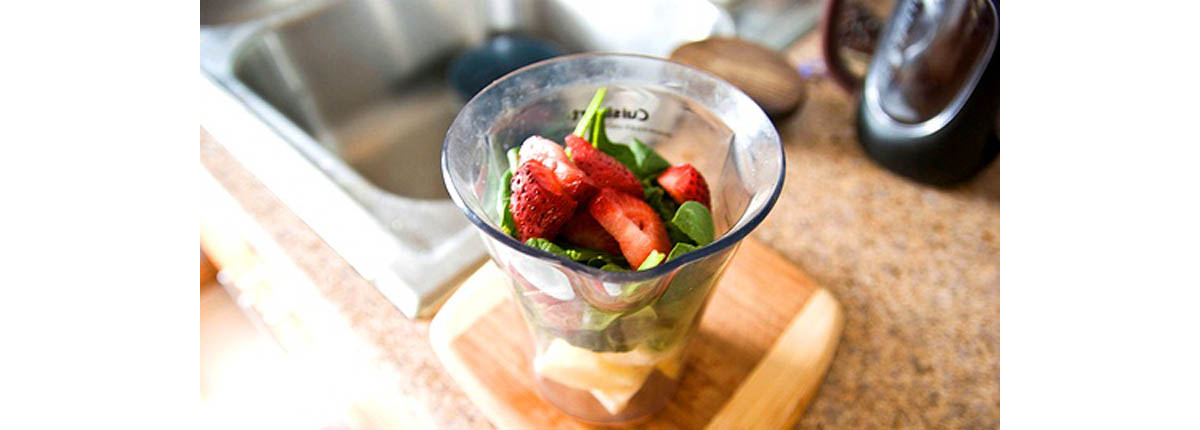Table of Contents
Protein
Protein is the number one critical factor in any pre-workout protocol. Period.
Why is it so important? Well protein — and more specifically the compounds known as amino acids that make up protein molecules — are the building blocks of muscle tissue. Without protein you won’t build muscle, it’s as simple as that.

During a weights session your muscles start to break down and get tiny tears. This may sound mad, but these tears are actually what cause your muscles to grow bigger. When they repair, scar tissue is formed over the micro tears you created through your hard work, meaning that the muscles grow bigger than before as a direct result.
For this process to happen though, you need protein. You’ll often see bodybuilders neck a protein shake as soon as they’ve finished their workout, which is all very well and good, but even this fast-digesting protein source can take a while to get to the muscle tissue. A decent dose of pre-workout protein however will already be on its way to initiating the repair and grow process by the time you’ve finished your final set though. By taking your pre-workout nutrition seriously, your body will be working to get stronger before you even hit the gym.
The amount of protein you should eat pre-workout depends on your weight, but 20 grams should be the minimum. Heavier trainers should look to take in 30 or even 40 grams. Get your protein from a whole-food like meat, fish or cottage cheese, or in liquid form from a shake. The main issue here is digestibility – you need something that doesn’t make you feel bloated or that runs the risk of ending up on the gym floor 10 minutes in.
Carbohydrates
I lied. Protein is the most important pre-workout factor, but carbs are equal too.
Carbs are your main energy source, which clearly makes them essential before a workout. Even if you’re on a low carb diet, some form of carbohydrate pre-training will be beneficial.
Again, the amount you ingest depends entirely on numerous things, including your weight, goals and how many carbs you’re eating throughout the day. As a general rule of thumb however, stick with these guidelines –
- If you weigh under 150 lbs and are wanting to lose fat – go for 20 to 30 grams of carbs
- If you weigh under 150 lbs and are wanting to bulk up, or you weigh over 200 lbs and want to lose fat – take 30 to 50 grams of carbs
- if you weigh over 150 lbs and are wanting to bulk up – shoot for 50 to 75 grams of carbs
What carbs you choose is pretty individual again, but the idea is the same as with protein – something not too heavy that you find gives you a quick burst of energy, digests relatively easily and doesn’t cause any stomach discomfort.
If you have a fast metabolism then a fibrous carb such as brown rice, whole-wheat bread or pasta will do, or if you suffer with poor digestion than a simple carb source like berries, bananas or dried fruit or even a sports drink is a better choice.
Supplements
Supplements are the third part of the puzzle. They’re not essential, but can be useful in giving you that extra edge, particularly if you’re training at night and have had a stressful day, or hit the gym first thing in the morning and need a pick-me-up. If you do go for supplements, these ingredients, which you'll also find in many commercial pre-workout supplements, are great:
-
Caffeine – Take 100-400 milligrams depending on your tolerance level
-
Creatine Monohydrate – 5 grams mixed in water. This boosts strength levels and regenerates ATP (your muscles’ main source of fuel) faster.
-
Beta Alanine – 1-3 grams with your creatine. Buffers lactic acid.
You’ve got your protein, you’ve got your carbs, you’ve got your supplements. Now there’s no excuse for a poor workout. Now you know that all the hard work you're putting in will also result in the gains you want.
- “Pre And Post Meals: Bookend Your Workouts The Smart Way!”, By Nick Tumminello, Published on September 8th, 2011, Accessed on October 3rd, 2012, Retrieved from http://www.bodybuilding.com/fun/pre-and-post-meals-bookend-your-workouts.html
- Photo courtesy of 21561428@N03 on Flickr: www.flickr.com/photos/21561428@N03/5373438313
- Photo courtesy of everydaypants on Flickr: www.flickr.com/photos/everydaypants/4526474841

